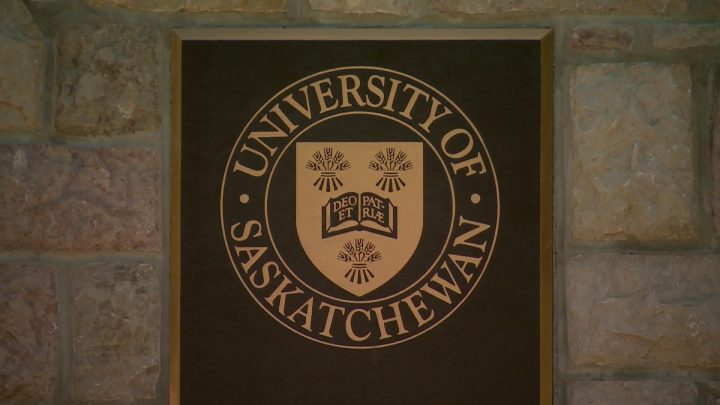Some staff at the University of Saskatchewan are being temporarily laid off starting May 4 due to the novel coronavirus pandemic.

The number of layoffs is not yet known, but it could be up to 500 staff, according to CUPE Local 1975, the union representing some of the affected staff.
Layoffs could last up to 12 weeks.
Laid off staff will still have access to their benefits. However, during the time they’re laid off, they won’t be paying into their pensions.
“There’s no pattern to follow here,” said Bob Jones, acting local union president.
“We’ve been getting a lot of questions in regards to, ‘When this is going be over?’ or … ‘At the end of three months, am I going to go back to work?’ Nobody knows the answers to these things.”
The union said some members are happy to be spending time at home, while others are anxious to get back to work.
Questions about COVID-19? Here are some things you need to know:
Health officials caution against all international travel. Returning travellers are legally obligated to self-isolate for 14 days, beginning March 26, in case they develop symptoms and to prevent spreading the virus to others. Some provinces and territories have also implemented additional recommendations or enforcement measures to ensure those returning to the area self-isolate.
Symptoms can include fever, cough and difficulty breathing — very similar to a cold or flu. Some people can develop a more severe illness. People most at risk of this include older adults and people with severe chronic medical conditions like heart, lung or kidney disease. If you develop symptoms, contact public health authorities.
To prevent the virus from spreading, experts recommend frequent handwashing and coughing into your sleeve. They also recommend minimizing contact with others staying home as much as possible and maintaining a distance of two metres from other people if you go out.
For full COVID-19 coverage from Global News, click here.








Comments